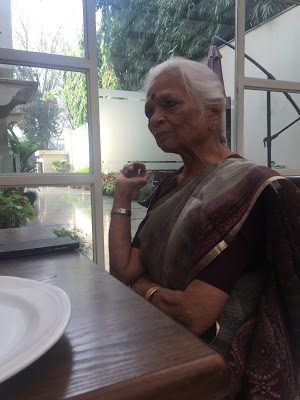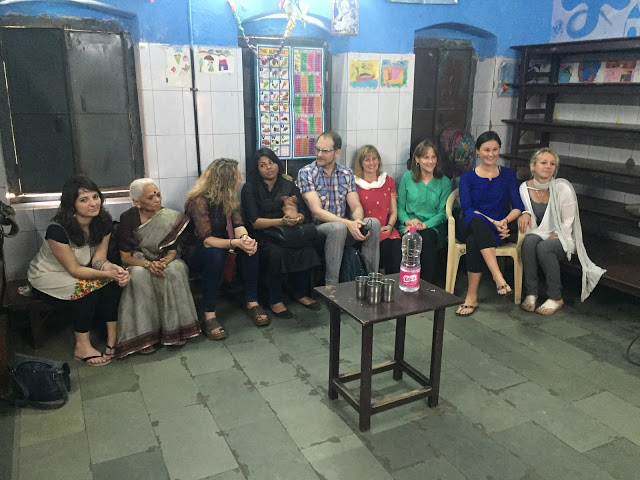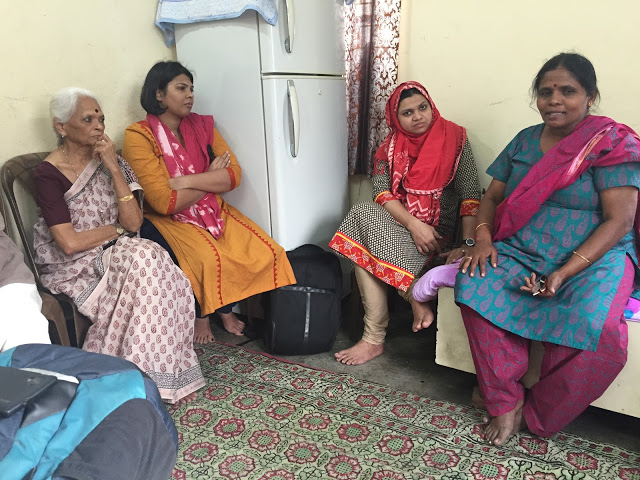 The blockers to their success
The blockers to their success
While it would have been lighter to share all that is going “right” within their respective organizations, time was precious and discussions quickly had us reviewing the major blockers to running their small NGOs. There were clear similarities. While there were some variations in the ranking order, all listed the following as their most significant challenges.
Attracting and retaining qualified staff
They are often functioning in crisis modes and the positions require a unique blend of skills in social work and the ability to function in a stressful gear for lengths of time. To top it off, programs like the SMS center are located in relatively dangerous areas of the city.
Fundraising for Staff
Donors are typically attracted to everything but operational costs such as salaries– yet the most important part of the services they deliver come from a trained, professional staff.
India’s shifting bureaucracy
Government agencies such as the Child Welfare Committee can be rigid and difficult to comply with, not to mention their shifting policies. In addition, the administration and reporting required to maintain their FCRA status (allowing them the right to accept foreign funding) is becoming more and more cumbersome, putting a drain on already limited time and resources.
Ideas are generated
Although still in germination stage, ideas are emerging relating to developing shared resources for their needed talent pool. They currently use their own varied methods, which vary from putting out ads in the paper to word of mouth. An objective could be to develop a more defined and methodical approach for the most probably sources of candidates.

Four of GoPhil partner NGOs gather at the SMS center for a site visit. We are joined by four traveling GoPhil members
